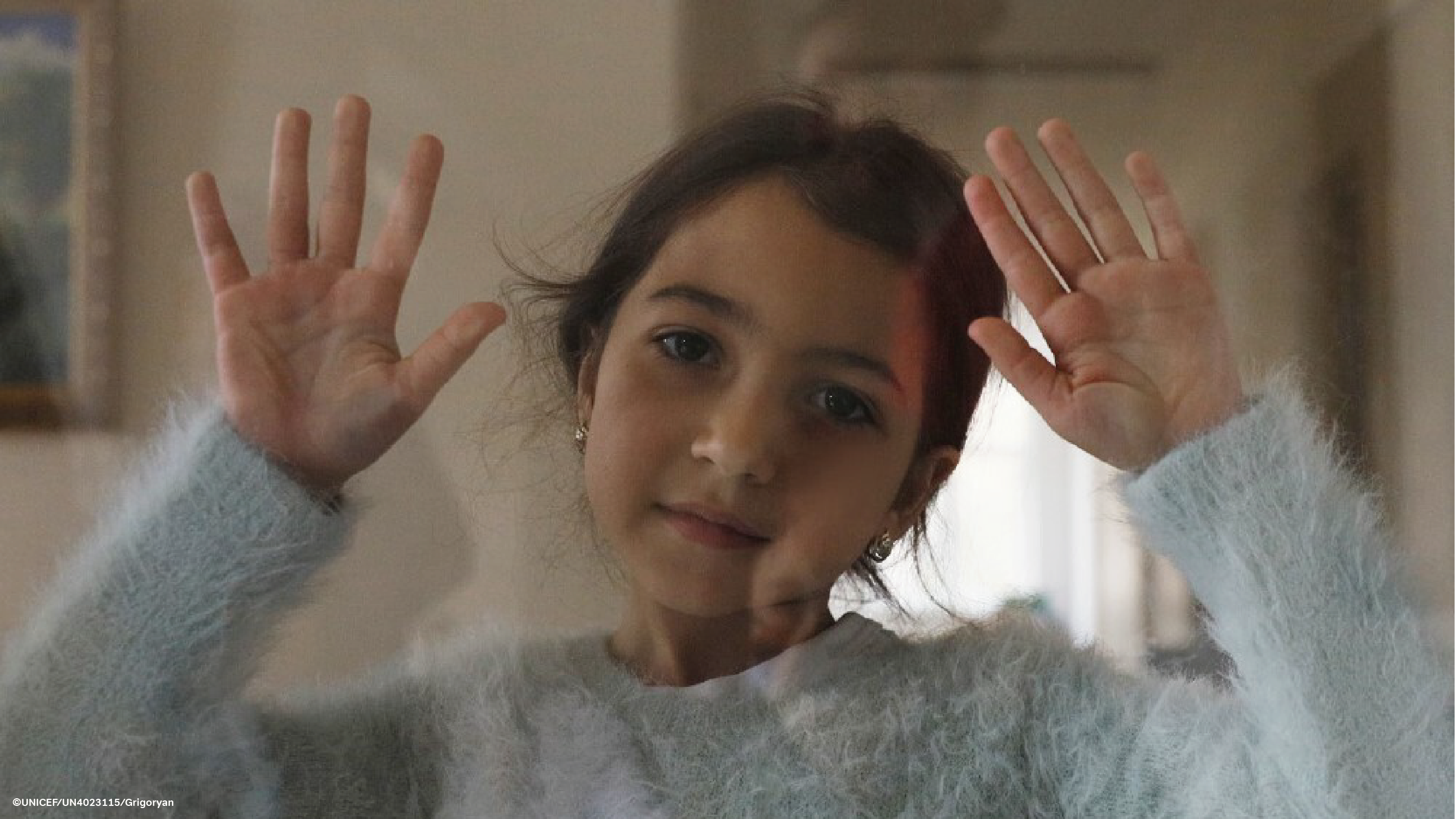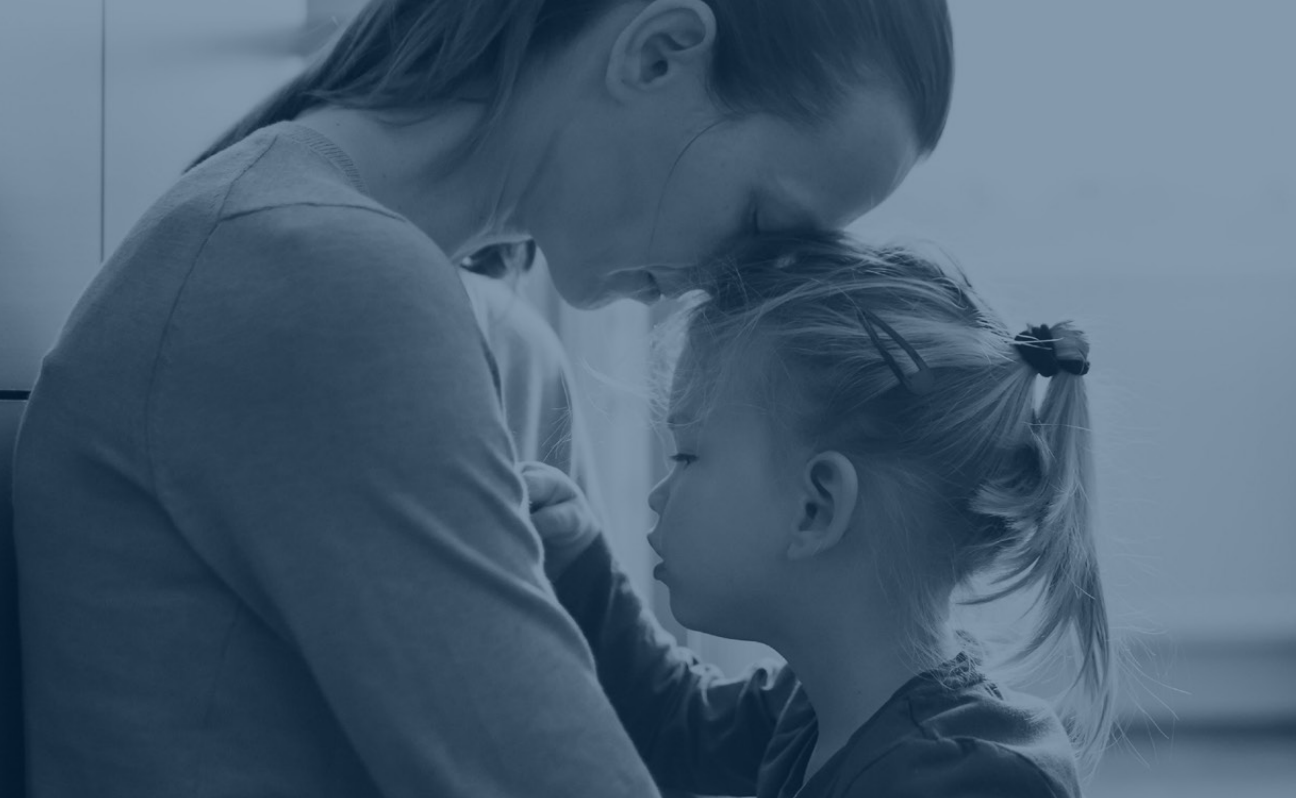Final findings from the DataCare project make a clear case for monitoring progress in deinstitutionalisation
A joint research from Eurochild and UNICEF proves that comparability on children in alternative care is possible across Europe, and should be incorporated into the monitoring of the Child Guarantee.
A commitment to deinstitutionalisation in Europe
There is a firm commitment by the European Union and its Member States to children in alternative care and support for their transition to care from institutional and residential forms to care that is family and community-based, also known as deinstitutionalisation (DI).
New EU policy initiatives in 2021 have renewed this commitment, including the European Child Guarantee, but also the EU Action Plan on the European Pillar of Social Rights, the EU Strategy on the Rights of the Child and the European Strategy for the Rights of People with Disabilities. These policies will need monitoring frameworks that can effectively evaluate implementation at EU and national levels. Comparable statistics on children in alternative care and their inclusion in EU and national-level monitoring are therefore crucial.
Lack of comparability for data on children in alternative care
However, we do not currently have comparable and Europe-wide indicators to gauge the share of children growing up within different forms of alternative care. There is, at present, no obligation for EU Member States to collect and report such data to the EU to measure the state of play of deinstitutionalisation and the transition to family and community-based care. The EU Social Scoreboard, for example, does not include any indicator to measure progress in these areas.
For Eurochild and UNICEF, this poses a significant barrier in the transition of institutional and residential care to family and community-based care, one that requires evidence-based policies and enhanced monitoring systems to overcome.
That’s why we carried out the DataCare project, a joint research initiative, to map alternative care data systems across the 27 Member States of the European Union (EU-27) and the United Kingdom (UK). Our findings and conclusions are drawn from the analysis of responses from National Correspondents in 23 countries as well as our own central desk analysis of what is available across the region.
Enough data exists to create comparable indicators for deinstitutionalisation
Our research provides very relevant findings for EU and national policymakers working to protect and help children.
Principally, despite differing national definitions and categorisations of alternative care across the region, enough data being published at national level can be used at an aggregate level to establish comparable indicators on residential care and three other relevant and interlinked indicators. These indicators are as follows:
- The rate of children aged 0-17 in alternative care at a specific point in time (per 100,000)
- The rate of children aged 0-17 in residential care at a specific point in time (per 100,000)
- The rate of children aged 0-17 in formal family-based care at a specific point in time (per 100,000)
- The percentage of children aged 0-17 in residential care (of the total number of children aged 0-17 in alternative care at a specific point in time).
The proportion of children placed in residential care compared to those placed in formal family-based care provides a particularly useful indicator to monitor progress towards a shared goal: to ensure that children in alternative care receive high quality, inclusive, family and community-based care. Such an indicator would shed light on the effectiveness of the deinstitutionalisation reforms that are taking place in many European countries, including under the European Child Guarantee.
Click here to read our full findings, including key policy recommendations for EU and national-level actors, valuable insights from the research study’s technical report and visualised snapshots of data across the 28 countries of the study in our Country Overviews.
What’s next for Eurochild and UNICEF’s DataCare project?
With our findings in hand, Eurochild is now engaging with EU and Member States to include our proposed indicators on children in alternative care into the National Action Plans & the EU monitoring framework for the European Child Guarantee. Eurochild will carry out this work with continued support from UNICEF ECARO.
Eurochild and UNICEF are also informing ongoing global efforts to establish a core set of statistical indicators on children in alternative care. Our findings are feeding into the ongoing work of the Transforming Children's Care Global Collaboration, convened by Better Care Network.
For more information on the DataCare project, visit the DataCare Project page.
For any questions on the findings and related activities, contact Ciaran O'Donnell from the Secretariat.




